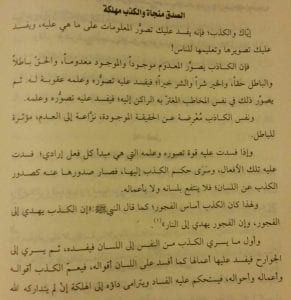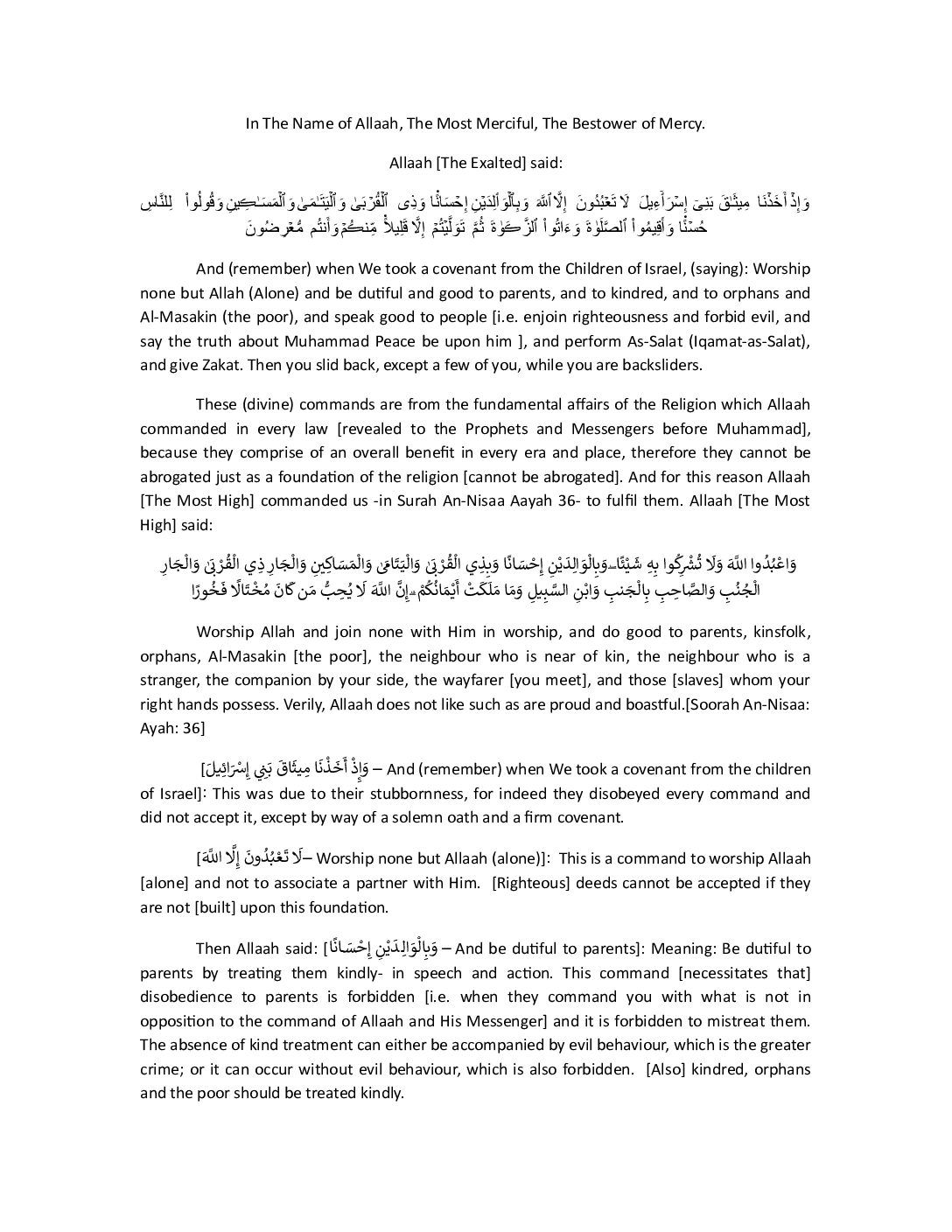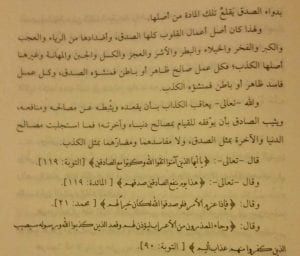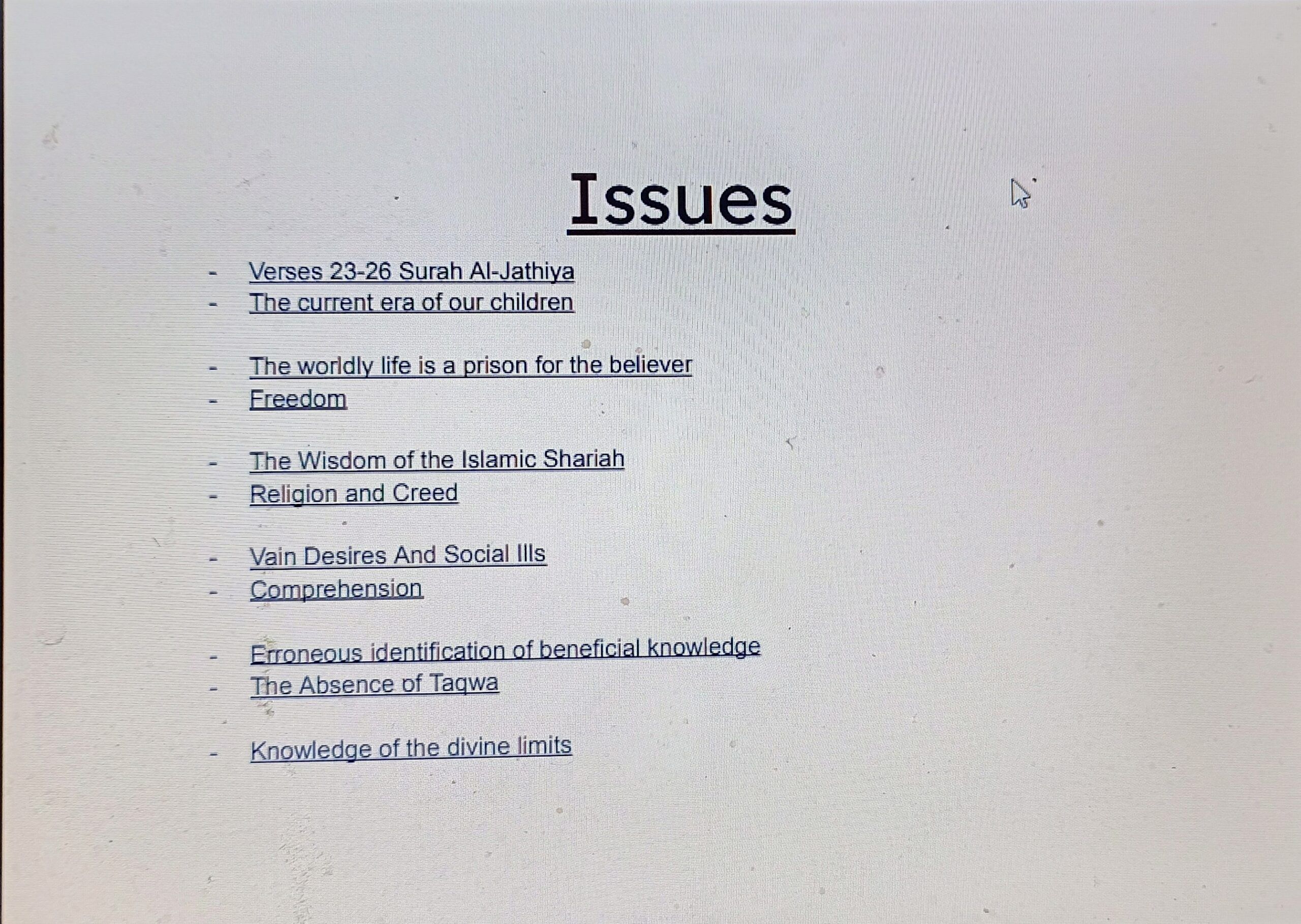In The Name of Allaah, The Most Merciful, The Bestower of Mercy
Al-Allaamah Muqbil Bin Haadee (rahimahullaah) said:
Al-Khilaaf Fiqhiy: It is when the evidence can carry this (meaning) or that (meaning), such as the Hadeeth:”When one of you wakes up from his sleep, he must not put his hand in a utensil till he has washed it three times, for he does not know where his hand was.” The scholars have differed in this (affair); amongst them are those who say that the water becomes impure and amongst them are those who say that it is forbidden (to put one’s hand in the water) but (the water) does not become impure and this affair is a legislated act of worship; and amongst them are those who say that it is Makrooh (disliked to put the one’s hand in the water but not forbidden), because he (i.e. the person) is upon certainty that his hand is in a state of purity. So the likes of this (affair) is Ikhtilaaf fiqhiy and similar to it (also is whether) the Basmallaah is to be uttered loudly (during the prayer).
Al-Khilaaf Manhajiy: As for Al-khilaaf Manhajiy, it is a problematic disease such as the methodology of Ikhwaan Al-Mufliseen; for their Manhaj is entry into elections, houses of parliaments and party Multiplicity. This is considered to be Ikhtilaaf Manhajiy because it is in opposition to the Book of Allaah and the Sunnah of the Messenger (sallal-laahu-alayhi-wa-alaa-aalihi-wasallam)…… [End of quote…See: Ghaaratul Ash-ritah: page: 40-41: Vol 1]
Pay close attention to this affair so that you are not deceived- in your religious affairs- by the deceitful false claimants to Salafiyyah. The Maraakiz of Salafiyyah do not have a working relationship with any organization or group that mixes Sunnah and bidah. However, Greenlane’s Admin co-operates with organizations and groups that mix Sunnah and Bidah, such as Ihyaa Turaath, Al-Maghrib Institute. Greenlane’s Admin seeks to hide its reality from some of those unsuspecting Mashaayikh who are considered to be upon the Sunnah-and only Allaah knows our real state of affairs- whilst maintaining their ties with some of the obstinate people of bidah. This is a Manhaj shared between Ihyaa Turaath and Greenlane’s Admin.
Shaikh Ubaid (may Allaah preserve him) said: Ihyaa Turaath mixes the religion with politics or bidah with Sunnah. The Shaikh also says: Their call is a mixture. They call to those who are considered to be from ahlul bidah. http://www.sahab.net/forums/?showtopic=117024
Ihyaa Turaath
See here: http://www.salafitalk.net/st/viewmessages.cfm?Forum=9&Topic=5220 – all about the Aqeedah and Manhaj of Ihyaa Turaath-The associates of Greenlane’s Admin.
After acquainting yourself with Ihyaa Turaath’s deviations in Aqeedah and Manhaj (in the above link) then ask yourself the following questions:
[1] Is it possible for any claimant to Salafiyyah to co-operate with Ihyaa Turaath after being well aware of their clear affairs of bidah and misguidance in Aqeedah and Manhaj?!
[2] Is it possible for any claimant to Salafiyyah to keep quiet about the clear and grave deviations of Ihyaa Turaath [in Aqeedah and Manhaj] after being well aware of them?!
[3] Is it possible for any claimant to Salafi to show enmity towards those who unveil the calamities of Ihyaa Turaath?!
[4] Is it possible for any claimant to Salafiyyah to deliberately ignore the deviations of Ihyaa Turaath [in Aqeedah and Manhaj] and openly declares it working relationship with them?!
[5] Is it possible for any claimant to Salafiyyah to unite with Ihyaa Turaath after being well aware of their clear deviations in Aqeedah and Manhaj?!
Al-Allaamah Saaleh al-Fawzaan (may Allaah preserve him) stated:
As long as the Aqeedah (creed) is shaky and blemished, the Muslims cannot be united. It is not possible to unite the one upon Bidah with the one upon the Sunnah, ABADAN. It is not possible to unite the person of corrupt Aqeedah (creed) with a person of sound aqeedah even though they share the same name (i.e. they are both called Muslims). The Muslims have to be united upon Tawheed, upon the correct Aqeedah, upon the Book of Allaah and the Sunnah of the Messenger of Allaah (Muhammad-sallal-laahu-alayhi-wasallam). The Muslims have to come together; they have to unite and follow that which emanates from that bond and unity, as long as this does not depart from obedience to Allaah and His Messenger (sallal-laahu-alayhi-wasallam). And due to that, the Messenger (sallal-laahu alayhi wasallam) said: ”Allaah is pleased for you with three things: ”that you worship Him (alone) and not to associate anything with Him; and that you (all) hold unto the Rope of Allaah and not to be divided; and that you give sincere advise to the one placed in charge over your affairs (i.e. the Muslim Ruler).”
As for the one who calls to the unity of the Muslims even though they differ in their Aqeedah, indeed, this is impossible. The one who wants to unite the Muslims even though they are upon divergent beliefs, even though they are upon shaky beliefs, this is inconceivable. (It is) like the one who attempts to bring together water and fire or a beast and a fish. This can never be possible because a beast lives on land and a fish lives in the sea…
[End of quote: Source: Excerpt from a lecture delivered by Sheikh Saaleh al Fawzaan at Masjid At-Tawheed in Taa-if. Title of lecture: At Tahdeer Minal Furqati Wal Ikhtilaaf]
Therefore, do not be deceived by Greenlane’s Declaration of a conference in which there some of those Mashaayikh who are considered to be upon the Sunnah-and only Allaah knows our real state of affairs-; rather a sensible person should look to the reality and not merely what is apparent. Clinging to the Sunnah does not allow the Sunni to form alliances with some of those considered to be from Ahlus Sunnah-and only Allaah knows our real state of affairs- whilst maintaining ties with the obstinate deviants of Ihyaa Turaath, al-Maghrib Institute and others. This is why when Shaikh Muhammad Bin Haadi (may Allaah preserve him) was asked about attendance at Islamic conferences (or gatherings) of knowledge that are under the supervision of the Jam-iyyaat (i.e. Islamic organizations of illegal partisanship) but also attended by Mashaayikh who are considered to be upon the Sunnah….So the Shaikh said that the brothers are aware of his speech concerning all these Jam-iyyaat. These Jam-iyyaat seek to promote and establish their goals through some of the Mashaa-yikh, so Shaikh said that he does not see that one should go to them. Some of the Mashaayikh are unaware of the pursuit of these Jam-iyyaat through them; so one should not go to them. http://www.sahab.net/forums/?showtopic=130647
Shaikh Ubaid Al-Jaabiri (may Allaah preserve him said:”The one who knows of a mistake and it is clear to him, then it is not permissible for him to blindly follow a scholar to whom an affair is hidden. And indeed you already heard yesterday that the scholars are not infallible in their Ijtihaadaat. Therefore, it is not permissible to adopt them (i.e. the mistakes of the scholars) as a methodology (to follow).” http://salaficentre.com/2013/08/2-an-eye-opener-for-the-seeker-of-truth-alallaamah-ubaid-bin-abdillaah-al-jaabiri-answers/
To be continued…In-Shaa-Allaah











